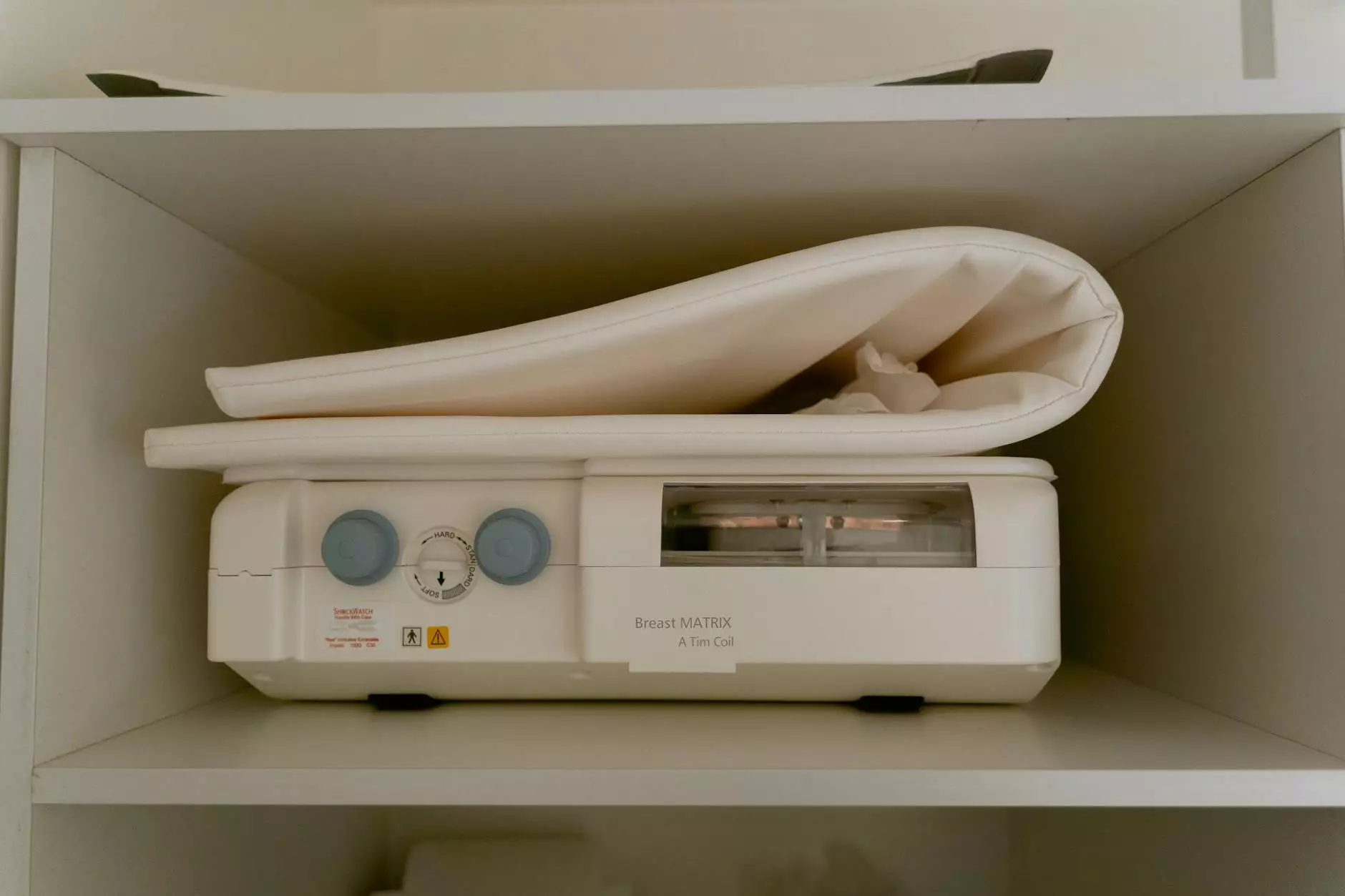Understanding MRI Service Contracts: A Comprehensive Guide

In the ever-evolving landscape of healthcare, ensuring top-tier medical services while maintaining cost-efficiency is paramount. One critical aspect that contributes significantly to operational efficiency in medical facilities is the establishment of MRI service contracts. In this extensive article, we will delve deep into what these contracts encompass, their benefits, and the key considerations for healthcare providers.
What are MRI Service Contracts?
MRI service contracts are formal agreements between healthcare providers and service technicians or companies that specialize in MRI (Magnetic Resonance Imaging) machine maintenance and support. These contracts outline the responsibilities of the service providers, the levels of service expected, and the financial obligations of the healthcare facility. Typically, these contracts ensure that MRI machines are maintained in optimal working condition, thereby ensuring reliability in diagnostics.
The Importance of MRI Service Contracts in Healthcare
As the demand for efficient diagnostic services increases, the significance of well-structured MRI service contracts cannot be overstated. Here are several reasons why they are essential:
- Operational Continuity: Regular maintenance performed under a service contract ensures that MRI machines are less likely to break down, thereby minimizing downtime and ensuring that diagnostic services are always available.
- Cost Management: Service contracts often predefine costs associated with maintenance and repairs, which helps healthcare providers budget efficiently without unexpected expenses.
- Enhanced Patient Care: With reliable MRI services, healthcare facilities can provide timely and accurate diagnoses, significantly improving patient outcomes.
- Regulatory Compliance: Many jurisdictions require medical equipment, including MRI machines, to be regularly maintained and serviced, making contracts vital for compliance.
Components of MRI Service Contracts
Understanding the key components of MRI service contracts can empower healthcare facilities to negotiate and establish better agreements. Essential elements typically include:
1. Scope of Services
This section clearly outlines what maintenance and support services are included, such as:
- Routine inspections
- Emergency repairs
- Parts replacement
- Software updates
2. Service Availability and Response Times
Contracts should specify service availability—whether it's 24/7 service, business hours, or on-call support. Additionally, response times for emergencies should be clearly stated.
3. Financial Terms
This crucial component details the costs associated with the contract. Financial terms may include:
- Payment structures—monthly, quarterly, or annually
- Costs for additional services
- Penalties for early termination of the contract
4. Performance Metrics
To ensure that service providers meet established standards, contracts should include performance metrics that evaluate the quality of service, such as:
- Uptime percentage of the MRI machines
- Average response time for service requests
- Customer satisfaction ratings
5. Termination and Renewal Conditions
This section should outline the conditions under which either party may terminate the contract and the process for renewal. Understanding these terms is vital for planning future service needs.
Selecting the Right MRI Service Contract Provider
To maximize the benefits of MRI service contracts, it’s essential to select a reputable service provider. Here are some key factors to consider:
- Experience and Expertise: Look for providers with a proven track record in MRI maintenance and support. They should demonstrate extensive knowledge of various MRI models and technologies.
- Client Testimonials: Consider seeking references from other healthcare facilities to gauge the provider's reliability and service quality.
- Certifications: Ensure that the organization and its technicians possess the necessary certifications aligning with industry standards.
- Comprehensive Service Options: A provider should offer a variety of service levels to tailor a contract that meets specific needs.
Benefits of Implementing MRI Service Contracts
Healthcare facilities can significantly benefit from engaging in well-structured MRI service contracts. Here are some highlighted advantages:
1. Predictable Budgeting
By establishing clear financial terms, healthcare facilities can predict their annual budgets more accurately. This predictability allows for better financial planning and resource allocation.
2. Increased Efficiency
With a reliable service provider, healthcare teams can focus on delivering patient care rather than worrying about equipment performance, leading to increased operational efficiency.
3. Access to Latest Technology and Upgrades
Many service contracts include provisions for accessing the latest technology and software upgrades, ensuring facilities remain competitive in their diagnostic capabilities.
4. Reduced Risk of Major Failures
Regular maintenance as stipulated in service contracts significantly reduces the chances of major failures, which can be costly and disruptive.
Conclusion: The Future of MRI Service Contracts
As technology continues to advance, MRI service contracts will evolve to include even more comprehensive service provisions, reflecting the dynamic nature of healthcare needs. Healthcare facilities must stay informed and proactive in navigating these contracts to secure optimal performance and support for their MRI systems.
In summary, by understanding the intricacies of MRI service contracts, including their components, benefits, and selection criteria for service providers, healthcare facilities can significantly enhance their operational capabilities and improve patient outcomes. Investing in these contracts is not merely a maintenance strategy, but a critical component of achieving excellence in medical service delivery.









